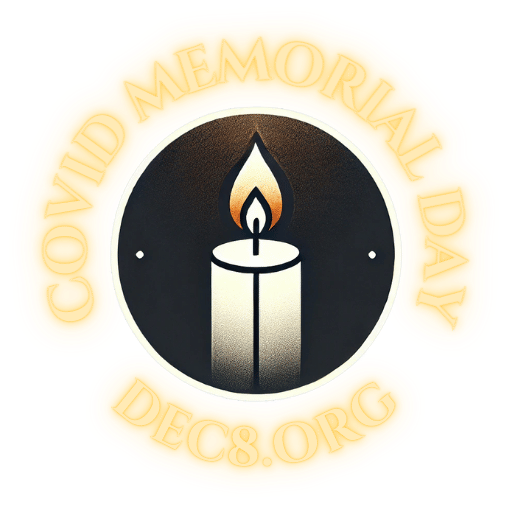Our 98-year-old mother, Karin Wigertz, lived in a nursing home for three years and thoroughly enjoyed everything about it. She had assistance three times a day but managed most tasks on her own, except for cleaning, laundry, and shopping. She was mentally sharp—albeit a bit forgetful—and often participated in the activities at the home. We had daily phone contact, and I visited her every week.
The week before Easter, my mother fell ill, and on Easter Saturday, April 11, 2020, she was treated as a COVID-19 patient. During those days, there was no doctor available at the health center because it was Easter. The only option was an on-call hospital doctor, with whom the nursing home’s nurse communicated by phone, but my mother was not able to see the doctor.
My mother had difficulty breathing and repeatedly asked for oxygen, but the nurse told her it wasn’t available at the nursing home and that it wouldn’t be good for her to go to the hospital. We were told that due to the chaos caused by COVID-19, she would essentially be deprioritized at the hospital. It was said that she was better off being cared for at the nursing home.
On April 16, we were informed that my mother had tested negative for COVID-19. Instead, her high inflammatory markers indicated a bacterial infection, likely pneumonia. However, since April 11, she had been treated only with morphine and the sedative Midazolam to “open her airways and ease respiratory distress,” as the nurse explained. She was not given oxygen, nutritional IVs, or antibiotics. When she eventually did receive antibiotics, the doctor did not stop the palliative care. My mother was too weakened to recover and passed away on May 1, after three weeks of severe breathing difficulties and palliative medication.
Guidelines for handling COVID-19 patients were issued at the beginning of the pandemic by the National Board of Health and Welfare, the Palliative Knowledge Center, and Stockholm County Council.
In hindsight, it became clear that instead of providing oxygen and nutritional IVs—which are unavailable in nursing homes due to the 1992 Ädel reform—patients showing COVID-19 symptoms were given morphine and Midazolam. Contrary to what the nurse said, these medications make breathing more difficult and hasten death. This occurred in thousands of cases in Sweden and also in countries like the UK, without patients ever seeing a doctor. Families were often unaware that this palliative treatment was being administered or that such guidelines even existed.
Doctors opted for palliative care instead of curative care, effectively shortening the lives of elderly patients. In several cases, the elderly were left to die alone, without regard for the sick or their families—who were not allowed to visit due to infection risks. Meanwhile, staff at nursing homes moved freely between the community and the facilities.
In May 2020, I finally understood—thanks to whistleblowing doctors Jon Tallinger and Yngve Gustafsson, and by reading my mother’s medical records—what had happened. I filed a report with the Swedish Health and Social Care Inspectorate (IVO), wrote to politicians, media, and authorities, and shared my mother’s story, which I had documented daily during her illness. I was interviewed by TV4, SVT News Sörmland, Radio P1, and Sörmland Media, and I started a Facebook group: “Ansvarsfrågan – vi som vill ha upprättelse för våra äldre som valdes bort” (“Accountability – those of us seeking justice for our elderly who were cast aside”). The group now has about 900 members.
IVO ruled in our favor on two of four points, but no public acknowledgment or apology has been received from any authority. In Sweden, this has happened—and, according to employees we’ve been in contact with, it still happens—that authorities and/or doctors decide when it is time for someone to die, without the consent of the patient or their family, and without conducting critical end-of-life discussions.
In the Accountability Group, we are now working on a book about what happened to our elderly to raise awareness of these unimaginable events and to ensure this never happens again.
Please join our group to support our efforts:
https://www.facebook.com/groups/ansvarsfragan
Gunilla Wigertz
Sweden


Kommentera här